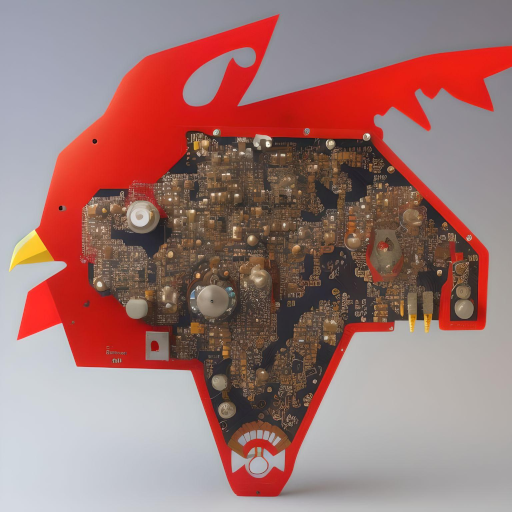Found the error Not allowed to load local resource: file:///etc/passwd while looking at infosec.pub’s communities page. There’s a community called “ignore me” that adds a few image tags trying to steal your passwd file.
You have to be extremely poorly configured for this to work, but the red flags you see should keep you on your toes for the red flags you don’t.


If you ran your browser as root and configured your browser to load local resources on non-local domains maybe. I think you can do that in chrome://flags but you have to explicitly list the domains allowed to do it.
I’m hoping this is just a bad joke.
[This comment has been deleted by an automated system]
you don’t need to be root to read
/etc/passwdAre you sure? What do you get when you run
$ cat /etc/passwdin terminal? Just paste the results here 😇Edit: to anyone reading this on the future, don’t actually do this, it was a joke
yup pretty sure
$ cat /etc/passwd fox:hunter2:1000:1000::/home/fox:/usr/bin/zsh😉
Weird, all I see is *******
Since you told me not to. There isn’t a risk on most linux systems; passwords were moved to /etc/shadow a long time ago. It only leaks the names of your users and largely useless info for most attackers:
root:x:0:0:root:/root:/bin/bash daemon:x:1:1:daemon:/usr/sbin:/usr/sbin/nologin bin:x:2:2:bin:/bin:/usr/sbin/nologin sys:x:3:3:sys:/dev:/usr/sbin/nologin sync:x:4:65534:sync:/bin:/bin/sync games:x:5:60:games:/usr/games:/usr/sbin/nologin man:x:6:12:man:/var/cache/man:/usr/sbin/nologin lp:x:7:7:lp:/var/spool/lpd:/usr/sbin/nologin mail:x:8:8:mail:/var/mail:/usr/sbin/nologin news:x:9:9:news:/var/spool/news:/usr/sbin/nologin uucp:x:10:10:uucp:/var/spool/uucp:/usr/sbin/nologin proxy:x:13:13:proxy:/bin:/usr/sbin/nologin www-data:x:33:33:www-data:/var/www:/usr/sbin/nologin backup:x:34:34:backup:/var/backups:/usr/sbin/nologin list:x:38:38:Mailing List Manager:/var/list:/usr/sbin/nologin irc:x:39:39:ircd:/run/ircd:/usr/sbin/nologin gnats:x:41:41:Gnats Bug-Reporting System (admin):/var/lib/gnats:/usr/sbin/nologin nobody:x:65534:65534:nobody:/nonexistent:/usr/sbin/nologin _apt:x:100:65534::/nonexistent:/usr/sbin/nologin systemd-network:x:101:102:systemd Network Management,,,:/run/systemd:/usr/sbin/nologin systemd-resolve:x:102:103:systemd Resolver,,,:/run/systemd:/usr/sbin/nologin messagebus:x:999:999:System Message Bus:/:/usr/sbin/nologin systemd-timesync:x:998:998:systemd Time Synchronization:/:/usr/sbin/nologin systemd-coredump:x:997:997:systemd Core Dumper:/:/usr/sbin/nologin delial:x:1000:1000:,,,:/home/delial:/bin/bash sshd:x:103:65534::/run/sshd:/usr/sbin/nologin xrdp:x:104:110::/run/xrdp:/usr/sbin/nologin dictd:x:105:111:Dictd Server,,,:/var/lib/dictd:/usr/sbin/nologin nm-openvpn:x:106:112:NetworkManager OpenVPN,,,:/var/lib/openvpn/chroot:/usr/sbin/nologin sssd:x:107:113:SSSD system user,,,:/var/lib/sss:/usr/sbin/nologinWell it’s not completely useless. It offers some insights into the system. Which service accounts exists, what usernames are used.
If an attacker finds a valid username they can then start bruteforcing the password.
From your account list we can see you have sshd and xrdp. Do they both provide the same kind of bruteforce protection? Are there any recent exploits for either?